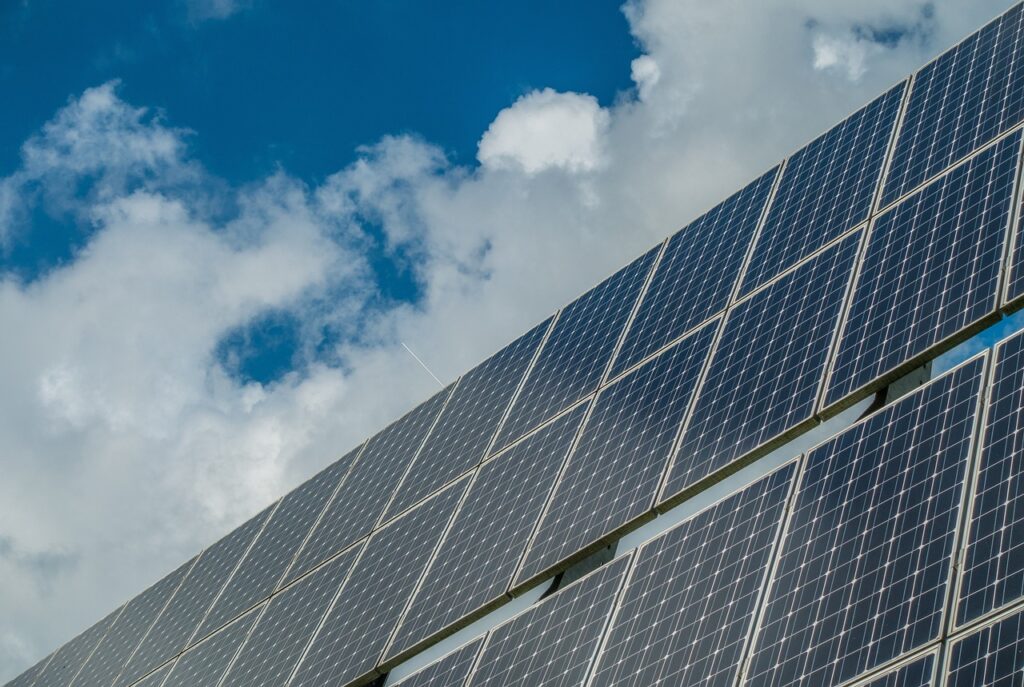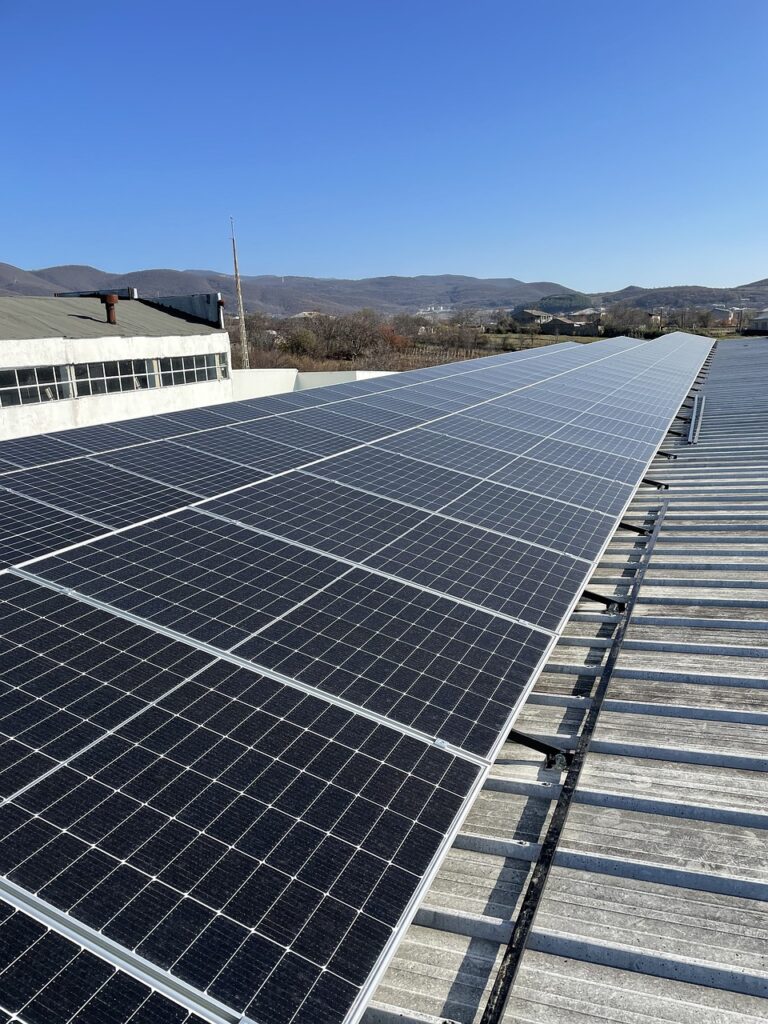
- Choose the Right Panel Model and Installation Company
Selecting the right solar panel model and installation company can significantly impact the outcome of your solar project. There are various panel models available, each with different features and price points. Consider factors such as your energy goals, budget, and the reputation of the manufacturer when choosing a solar panel. Additionally, opt for an experienced and reputable installation company that can customize the system to suit your specific needs and ensure optimal performance. This is a major point which works a guide to proper solar installation
- Conduct a Technical and Feasibility Study
Before proceeding with the installation, it’s essential to conduct a technical and feasibility study. This assessment evaluates factors such as your building’s structure, energy consumption patterns, and solar radiation exposure at your location. By analyzing these elements, experts can recommend the ideal equipment and configuration for your solar system. This step ensures that your solar installation is tailored to your objectives and budget while maximizing energy generation.
- Calculate Your Budget
Understanding the cost implications of installing a solar energy system is crucial for budget planning. Based on your monthly energy consumption data, you can estimate the overall cost of the installation process, including equipment, labor, warranties, and maintenance. Be sure to factor in long-term savings from reduced electricity bills and any available incentives or rebates for solar installations in your area. A clear budget projection helps you make informed financial decisions and assess the return on investment for going solar.
- Evaluate Access to the Electricity Grid
Finally, consider how your solar system will integrate with the existing electricity grid. Determine the quantity and placement of solar panels based on available space and sunlight exposure. It’s important to ensure compatibility with the electrical network to efficiently convert solar energy into usable electricity. Evaluate whether an on-grid or off-grid system is suitable for your needs, taking into account regulatory requirements and grid connectivity options.
By following these five points, you’ll be well-prepared to embark on your solar energy journey with confidence. Remember to consult with solar experts, compare quotes, and prioritize quality and reliability when selecting equipment and installation services. Going solar is not only environmentally friendly but also a smart investment in long-term energy savings and sustainability.This is a major point which works a guide to proper solar installation

